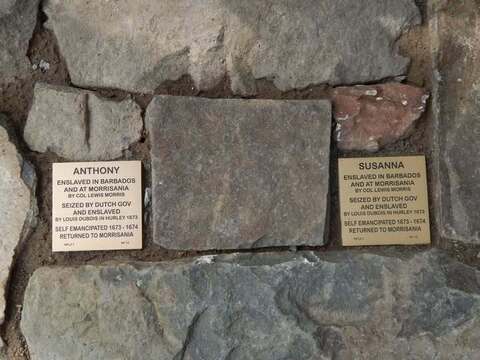
When does memory begin? What memory is it that I seek? And where, on the thin border between memory and history, can I remember myself?
-Viet Thanh Nguyen, A Man of Two Faces
I am writing this blog post as the results of the German election are tabulated. The ultra-right ADF did well; they and might have done well without the endorsement of America's ultra-right government. Even to use these words in relation to the American government is new, and it's a shock. Thankfully, the weather is warming, ever so slightly, but it is warming. Just to stand around in the sunshine with friends after a long walk and talk seems both healing and necessary. These prolonged conversations are essential for me right now and I must make time for them, not rush away, I tell myself. Reassurance surfaces: "Not every improvement made over the decades will be denounced or eviscerated," someone says. "How can it be when substantial changes are now so firmly embedded in our lives? We have changed, we cannot go back. So let us celebrate and consolidate what has been accomplished thus far," someone else says.
A portfolio of "progressive" accomplishment, what an interesting idea.
My first contribution to the portfolio, an event in my neighborhood on Saturday, February 22:
It was still cold and icy underfoot, the sky clear and cloudless, as a small congregation of New Paltz citizens gathered to commemorate the lives of two slaves, Anthony and Susanna, who had lived in the cellar of a stone house, and "self-emancipated," meaning they had tried to escape, and were recaptured. They had been purchased by the colonial settler, Louis DuBois in 1673, one of the first recorded purchase of slaves in Ulster County. Their spirits, and those of many other enslaved Africans, haunts Historic Huguenot Street, the surrounding village, and counties. The descendants of the 12 "patentee" families still live here and have been slow to acknowledge that their wealth and status was built on the backs of slaves, or that the narrative of tours and signage should be updated. Changes have accrued slowly over the years, and then more rapidly when the Dr. Margaret Wade-Lewis Black Cultural Center, in partnership with Historic Huguenot Street, initiated a respectful collaboration sharing historical research and co-sponsoring some events.
Up first on the stage, Kara Augustine, Director of Public Programming at Historic Huguenot Street. In the past, she said, if you walked from one end of the street to the other, you would not have known that slaves lived here. It was an inaccurate depiction of New Paltz history that required correction.
I could hear a gasp as one or two onlookers seemed taken by surprise at the depth of acknowledgement in this admission. In and of itself, it was an historic moment, an amplification of the brass "stepping stone" memorial to Susanna and Anthony.
Up next, Kate Hymes, Ulster County's 2023 Poet Laureate and the Vice President of The Margaret Wade-Lewis Center, performed a "libation," and a Bishop offered a Christian prayer.
A man beside me mumbled, "It was all so long ago. What does it matter now?" and turned away. But most of the audience was moved and lined up to place cowrie shells on the stones, a silent gesture of goodwill.
The memorial was inspired by the Stolpersteine Project, initiated by the German artist Gunter Denig in 1992 to commemorate the victims of the Holocaust—Jews, homosexuals, the physically and mentally disabled, and others—denoting where they lived and worked. As of June 2023, 100,000 Stolpersteine have been laid in Germany. These stones are literally called "stumbling stones," and are placed directly in the way of traffic as a reminder of the Nazi past and the individuals who were murdered. There's a stone in front of my father's childhood home in Wiener Neustadt outside Vienna with the names of my murdered relatives. Though it's a strange sensation to know it is there, I am grateful to have a sensation, to be a living descendant of a genocide. Let others stumble onto this stone and ask, "What happened here?"
Anthony and Susanna's memorial is not directly underfoot; it is off to the side. But the docents at Historic Huguenot Street will undoubtedly point then out on their tours. a significant gesture of reconciliation. As research continues apace, and descendants of the Huguenot Street slaves are identified, it is hoped that they will gather in this sacred space to honor their forbears.

